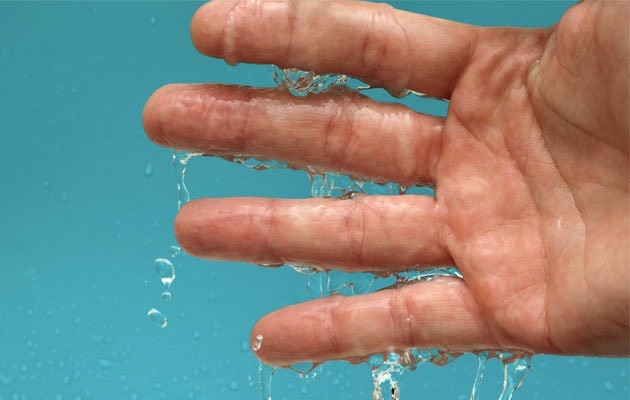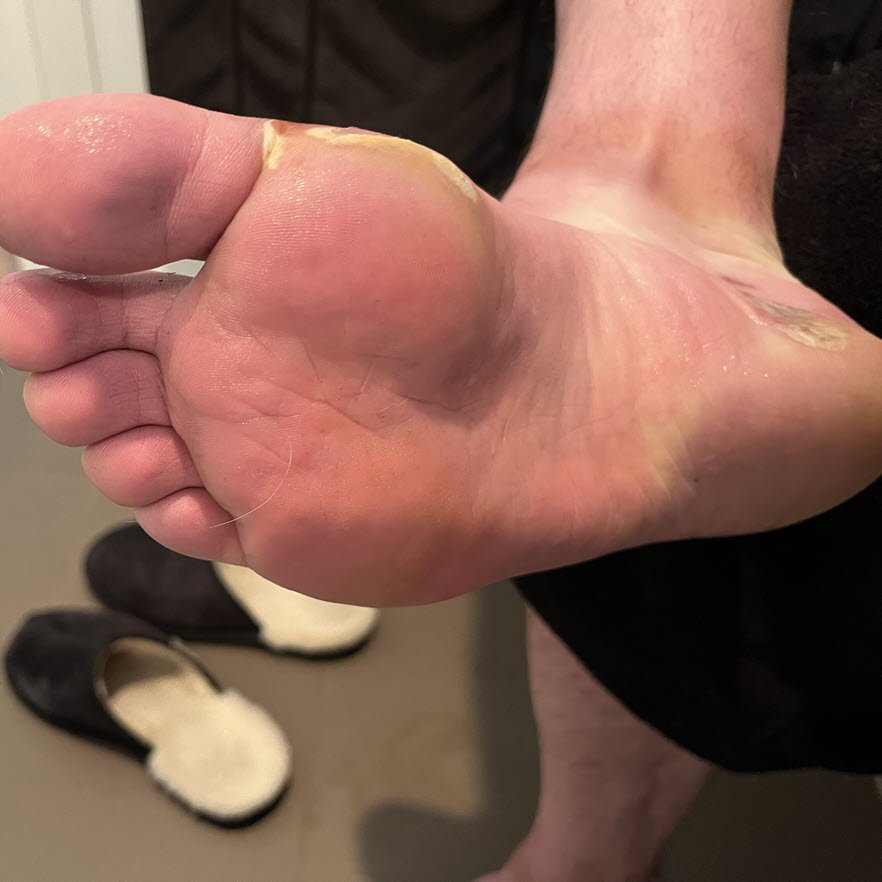Understanding Excessive Sweating: Dermatology Insights on How to Stop Sweaty Hands
Understanding Excessive Sweating: Dermatology Insights on How to Stop Sweaty Hands
Blog Article
Recognizing the Origin Causes of Excessive Sweating and Its Effect on Day-to-day Live
Extreme sweating, additionally referred to as hyperhidrosis, is a condition that impacts a considerable part of the populace, yet its hidden reasons and implications on daily functioning stay rather enigmatic. While it is generally recognized as a physical response to manage body temperature, the triggers for extreme sweating can vary widely among individuals, incorporating not just physical factors however psychological and likewise emotional components. In addition, the effect of this problem prolongs beyond simple pain, commonly influencing social interactions and general high quality of life. By diving into the source of hyperhidrosis and exploring its diverse impacts, a much deeper understanding of this prevalent problem can be acquired, clarifying the complexities that individuals coming to grips with extreme sweating navigate each day.
Physiology of Sweat Glands
The law of sweat manufacturing, an essential physical process, is primarily managed by the task of sweat glands distributed across the human body. Sweat glands are categorized right into two primary kinds: eccrine and apocrine glands.
When the body temperature level rises, either because of physical activity, heats, or emotional stress and anxiety, the nerves causes the sweat glands to generate sweat. This sweat is made up mainly of water and electrolytes like salt and chloride. The process of sweat production is essential for keeping the body's internal temperature within a slim, optimal variety, highlighting the critical duty sweat glands play in human physiology.
Triggers for Excessive Sweating
In recognizing the origin causes of too much sweating, it is important to identify the triggers that can lead to this physical feedback. Physical physical effort, high temperature levels, and spicy foods are likewise understood to activate extreme sweating in people vulnerable to this condition.
Furthermore, medications such as some antidepressants, opioids, and particular supplements can also work as triggers for hyperhidrosis. Recognizing these triggers is important in taking care of excessive sweating efficiently - Treatment for hyperhydrosis of hands and feet. By recognizing and addressing the certain triggers that trigger too much sweating in an individual, health care service providers can develop personalized therapy strategies to ease this problem and enhance the individual's lifestyle
Medical Issue Associated
Connected with extreme sweating are various medical problems that can intensify this physical action. One typical problem is hyperhidrosis, a problem defined by abnormally enhanced sweating that surpasses the body's thermoregulatory needs. This can show up in focal areas like the hands, soles, underarms, or face, affecting a person's high quality of life as a result of social embarrassment and discomfort.
Furthermore, endocrine disorders such as hyperthyroidism, diabetes mellitus, and menopausal hot flashes can also result in excessive sweating. Hyperthyroidism creates an overproduction of thyroid hormones, accelerating metabolic rate and causing sweating. Diabetes mellitus can induce sweating episodes, particularly during hypoglycemic episodes when blood sugar degrees go down as well reduced. Menopausal hot flashes, associated to hormone variations throughout menopause, can create intense and abrupt sweating, typically accompanied by flushing and heart palpitations.
Additionally, infections like endocarditis, hiv, and tuberculosis have been connected with night sweats, an usual signs and symptom known to interrupt rest and affect general wellness. These medical conditions highlight the varied variety of underlying aspects that can add to extreme sweating, requiring thorough examination and management by healthcare professionals.
Psychological and Emotional Elements

Effect On Social Interactions
Extreme sweating can have profound impacts on an individual's capability to involve conveniently in social communications. The visible indicators of sweat stains or damp spots on clothing can bring about embarrassment and self-consciousness, triggering individuals to withdraw from social scenarios. This withdrawal can impact connections, restriction social activities, and hinder expert and individual other development.

Additionally, the anxiety and self-esteem problems originating from too much sweating can influence communication and interpersonal skills. Individuals may have a hard time to concentrate on discussions, participate in group activities, or reveal themselves with confidence. This can bring about sensations of seclusion and isolation, as social links come to be testing to keep.
Conclusion

While it is frequently comprehended as a physical action to control body temperature, the triggers for excessive sweating can vary extensively amongst individuals, encompassing not only physical variables yet likewise emotional click over here and emotional aspects. By delving into the origin causes of hyperhidrosis and discovering its complex effects, a deeper understanding of this prevalent concern can be obtained, losing light on the intricacies that individuals grappling with excessive sweating browse on an everyday basis.
Physical exertion, high temperature levels, and spicy foods are likewise known to cause extreme sweating in individuals susceptible to this condition. By recognizing and attending to the particular triggers that prompt too much sweating in a private, medical care carriers can establish personalized therapy plans to ease this condition and boost the individual's top quality of life.
Excessive sweating can have extensive effects on a person's ability to involve comfortably in social communications.
Report this page